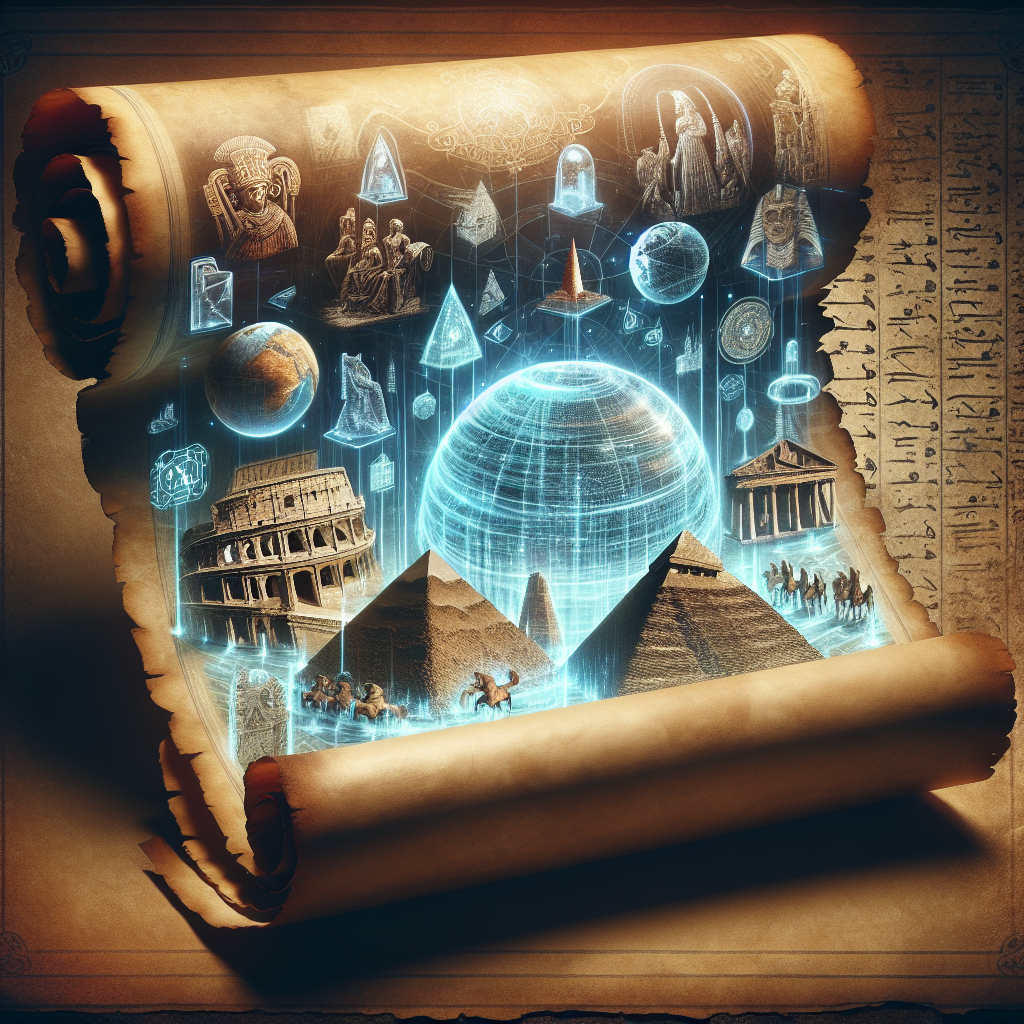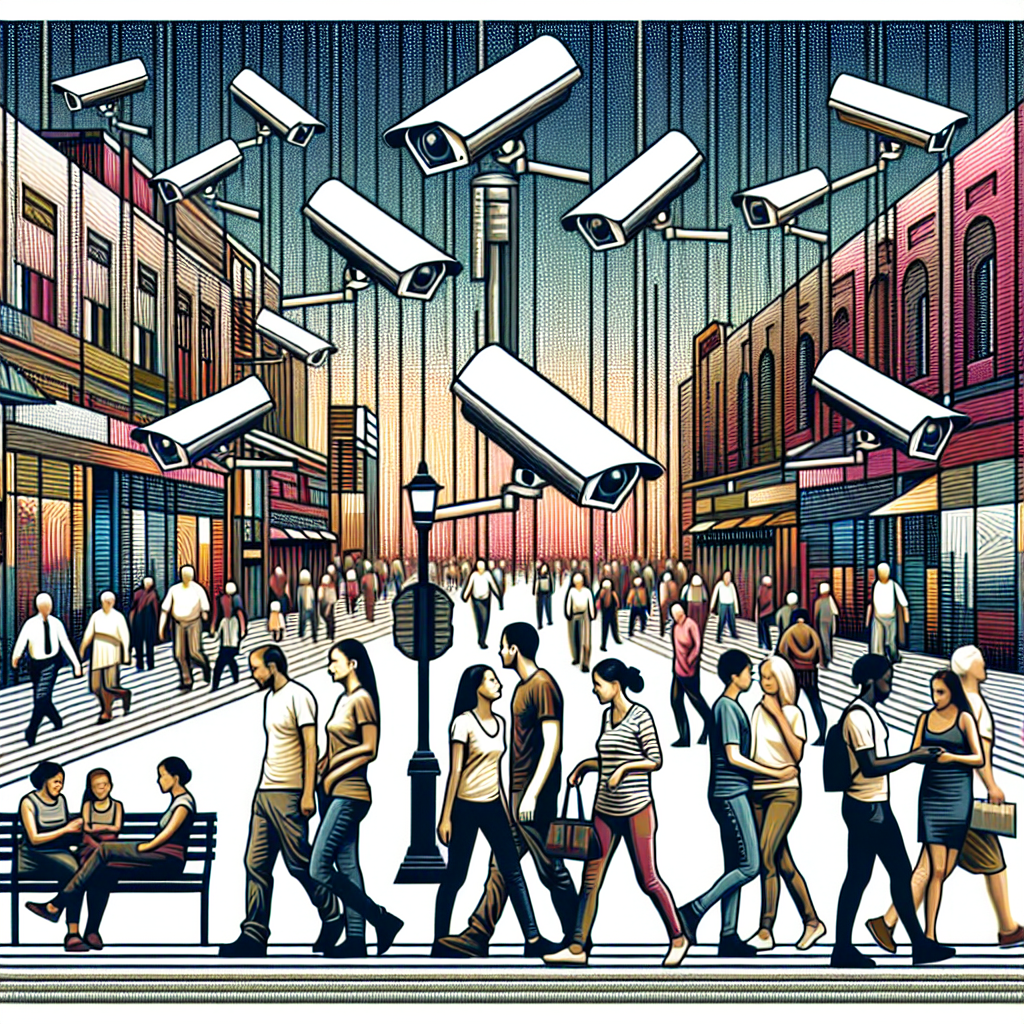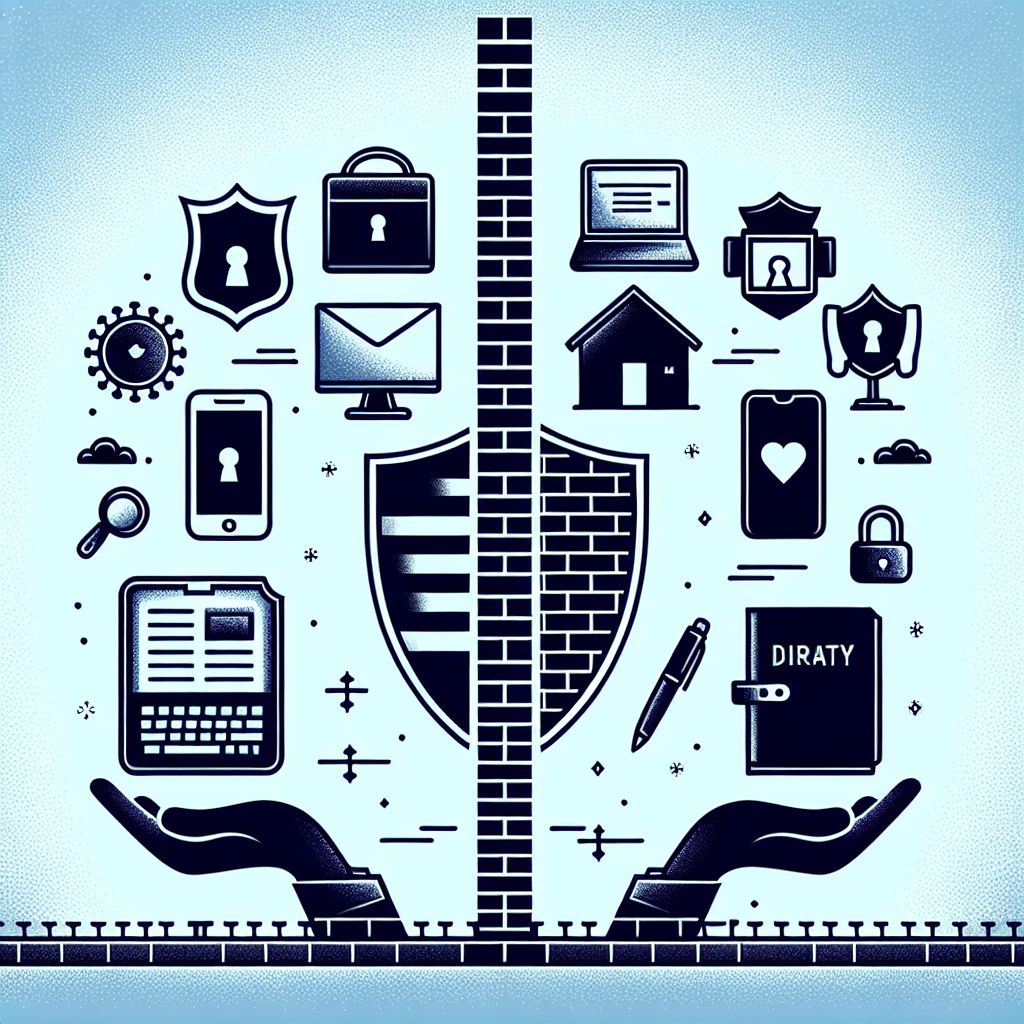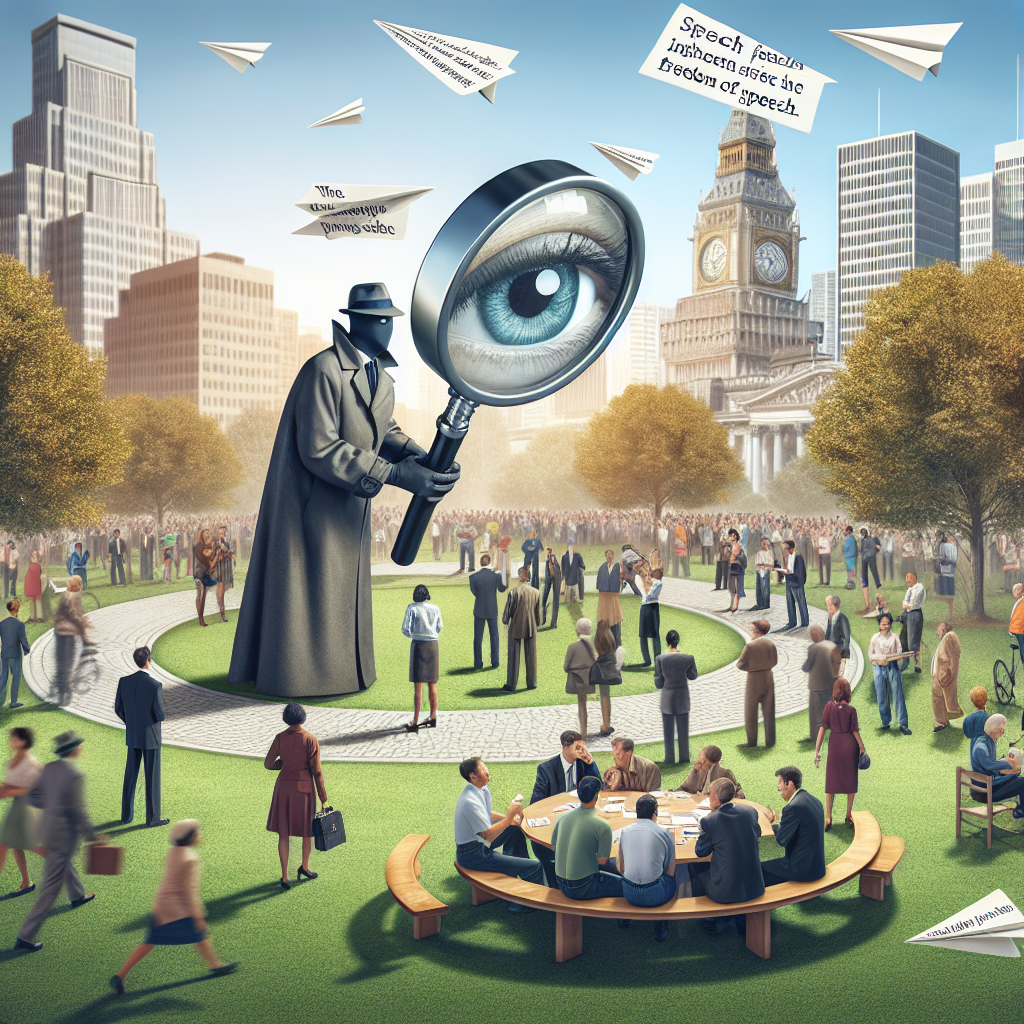Whistleblowers: The Guardians of Transparency
Whistleblowers play a crucial role in promoting transparency and accountability within government agencies and corporations. They often expose illegal activities, unethical behavior, and violations of laws or regulations. The courage to come forward often places them at great personal risk, as they confront powerful institutions. Important examples of whistleblowing include figures like Edward Snowden, Chelsea Manning, and Daniel Ellsberg, whose revelations about the government’s surveillance practices sparked international debates and public outrage.
Government Surveillance: The Double-Edged Sword
Government surveillance has evolved significantly in the past few decades, particularly with advancements in technology. While surveillance can enhance national security by preventing terrorism and crime, it also raises serious ethical concerns regarding individual privacy rights. The balance between maintaining security and preserving civil liberties remains a contentious issue.
The Intersection of Whistleblowing and Surveillance
The relationship between whistleblowers and government surveillance is intricate and fraught with tension. Many whistleblowers reveal the extent of government surveillance programs, shedding light on practices like mass data collection, surveillance of citizens, and monitoring of communications.
Historical Context
In recent history, whistleblowers such as Edward Snowden unveiled the National Security Agency’s (NSA) extensive data collection activities under programs like PRISM and XKeyscore. These programs raised questions about the legality and morality of government surveillance on private citizens without probable cause. The revelations challenged the narrative that such surveillance measures were exclusively for security purposes, exposing the potential for abuse and the erosion of civil liberties.
Risks Faced by Whistleblowers
Whistleblowers often face significant repercussions for their actions. In an environment characterized by intense scrutiny and retaliation, they may suffer job loss, legal action, societal ostracism, and psychological distress. The legal protections afforded to whistleblowers, such as the Whistleblower Protection Act in the United States, are often inadequate, leading many to think twice before coming forward.
Legal Protections Available
While various nations have enacted laws designed to protect whistleblowers, these protections are often limited in scope and enforcement. In the U.S., the Whistleblower Protection Act offers some safeguards, but the execution of these laws can vary significantly by industry and jurisdiction. Moreover, the inherent fear of retaliation discourages many potential whistleblowers from reporting injustices.
The Role of Media
The media is a vital player in the whistleblowing ecosystem. Investigative journalism not only brings the findings of whistleblowers into the public consciousness but also serves as a protective shield for those who dare to speak out. Media outlets amplify whistleblower claims, catalyzing public debates that can pressure governments and agencies to reform questionable practices.
However, with the transfer of information comes a significant responsibility. Media organizations must ensure they accurately represent whistleblower claims and maintain ethical standards during investigations. The spread of misinformation can lead to adverse outcomes for both whistleblowers and the foundational principles of accountability they seek to uphold.
Ethical Implications of Whistleblowing
The ethical considerations surrounding whistleblowing are complex. Some may argue that whistleblowers compromise national security by disclosing sensitive information. On the other hand, these individuals can also be seen as moral exemplars, prioritizing the greater good over adherence to authoritative secrecy.
Difficult questions arise: Where is the line between legitimate oversight and the right to privacy? Is the public interest served by disclosing sensitive governmental actions? The philosophical debate mirrors the realities of governmental accountability and the importance of ethical whistleblowing.
The Role of Technology
Technology is a double-edged sword in the context of government surveillance and whistleblowing. It can either facilitate transparency or enable invasive monitoring practices. Secure communication tools, encryption, and digital anonymity services like Tor have become increasingly vital for whistleblowers who wish to protect their identities when submitting sensitive information.
Conversely, technological advancements in surveillance allow government agencies to monitor communications, movements, and online interactions on a scale unimaginable a few decades ago. Data mining, artificial intelligence algorithms, and facial recognition technology have significantly expanded the surveillance capabilities of governments, often justified as measures to ensure public safety.
Public Reaction and Accountability
The revelations brought forth by whistleblowers often provoke a societal reckoning. Public reaction can range from outrage to support, thereby influencing subsequent government actions and policies. For instance, the backlash against the NSA following Snowden’s disclosures led to increased scrutiny of surveillance practices and even some legislative changes, such as the USA Freedom Act.
Yet, public interest can be fleeting. Initial outrage may diminish, resulting in a lack of substantive change in surveillance practices. This highlights the ongoing need for advocacy groups and civil rights organizations to continue raising awareness about surveillance issues and supporting whistleblowers.
International Perspective
Globally, the treatment of whistleblowers and the nature of government surveillance vary greatly from one country to another. Some nations have established robust frameworks for protecting whistleblowers, while others maintain strict laws against revealing state secrets, creating a chilling effect on potential whistleblowers. Countries like Norway and Sweden have progressive laws that safeguard whistleblower rights, while authoritarian regimes often suppress dissent and silence whistleblowers through intimidation or imprisonment.
Conclusion
The complex relationship between whistleblowers and government surveillance reveals larger societal values about accountability and civil liberties. Individuals who step forward to expose wrongdoing embody the struggle between the need for national security and an individual’s right to privacy. As debates surrounding these issues continue to evolve, society must grapple with the ethical dilemmas posed by both government surveillance practices and the courageous act of whistleblowing.













Leave a Reply